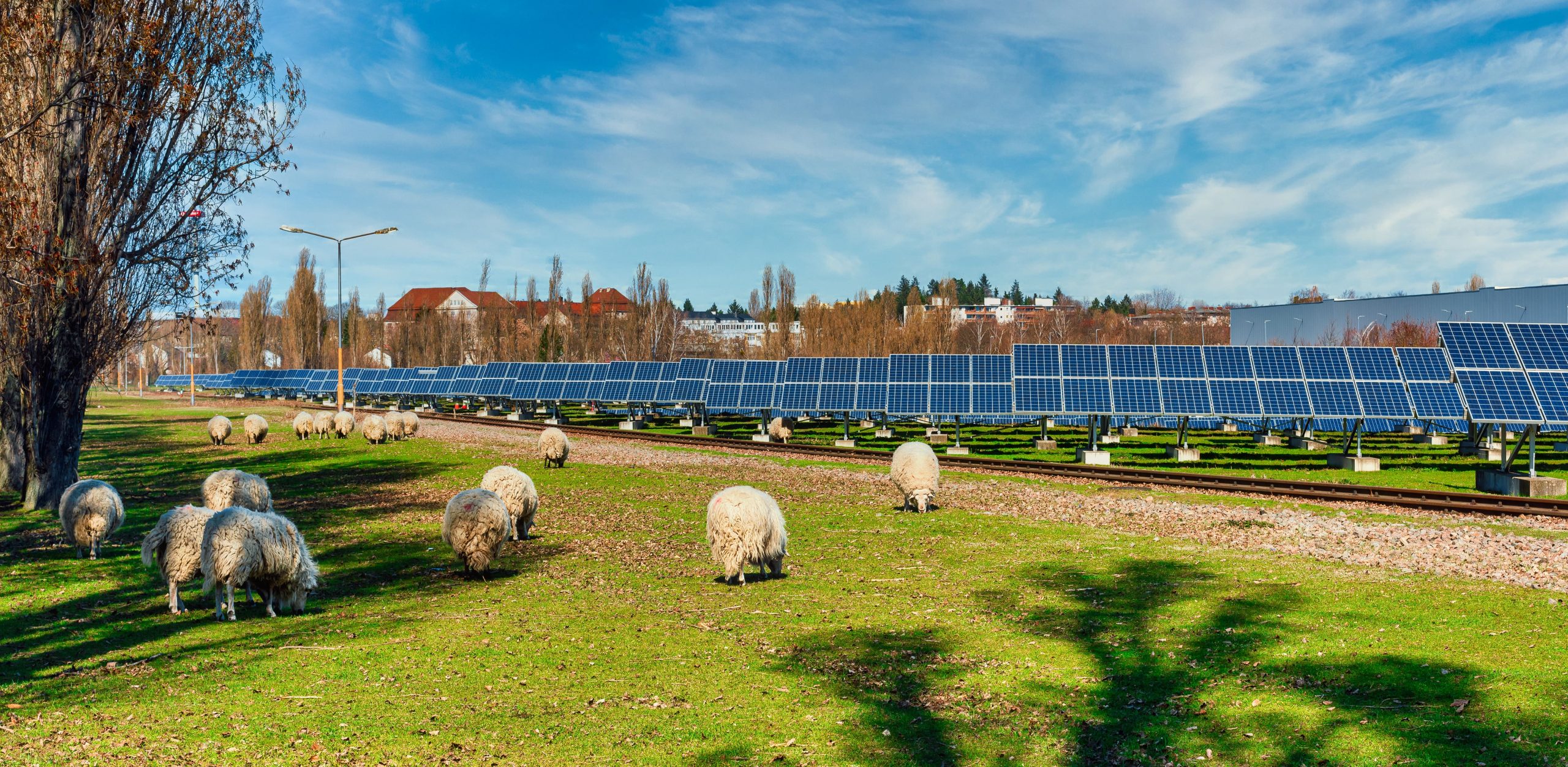UK’s Largest Community-Owned Solar Farm Plans Backed

Local councillors have given their support for plans to build a 120-acre solar farm on the border between England and Wales, which could power thousands of homes.
The 30MW project would be based on a site that sits on both English and Welsh land, on the outskirts of Chester on agricultural land at Bretton Hall Farm in Saltney, meaning two planning applications were submitted.
Cheshire West and Chester Council, the two English councils involved, both unanimously backed the project, while the Welsh Government are yet to make a final decision.
Due to the size of the project, the project is classed as a Development of National Significance, meaning the Welsh Government’s planning inspectorate is responsible for making the final decision, though input from Flintshire County Council will be used.
The solar farm would be a community-owned asset, with shares sold to local people and businesses who would act as co-owners, and surplus revenue would fund further community projects.
With the potential to come online in 2025 and operate for up to 40 years, the project would produce enough renewable energy to power 8,400 homes.
The impact on the green belt will be minimal
Previously, concerns have been raised over the development being on green belt land, as well as the levels of flood risk at the site.
In an attempt to put these concerns to bed, committee member Councillor Myles Hogg said: “I’m a fierce defender of our precious green belt so the test I always apply is ‘are there any special circumstances?’. I believe that in this instance there are.
The land, as we’ve heard, is not of high agricultural quality and the production of green energy is vital. So I believe that any green belt problems can be mitigated.
Of the land to be used, 60 acres in Cheshire is currently used for sheep grazing, which developer New Energy Wales has assured can continue to be the case once the ground-mounted solar panels are installed.
Furthermore, Solar Energy UK conducted a survey into biodiversity and agricultural productivity at solar farms earlier this year, which found that “the low intensity of management on solar farms, as well as the range of habitats present”, can deliver biodiversity maintenance or net-gain so long as the sites are properly managed by developers.
The UK Government has dropped its argument that solar is always bad for food security under Rishi Sunak. It is now aiming to grow national solar capacity to 70GW by 2035. It set this target earlier this year following the advice of the Skidmore Net-Zero Review, and has subsequently set up a new industry taskforce.
Government targets emphasise the importance of generating renewable energy
The UK government previously argued that solar energy is bad for food security due to solar farms being built on good agricultural land, however, this argument has been dropped under Prime Minister Rishi Sunak.
Now, the government aim to grow national solar capacity to 70GW by 2035, a target set earlier this year following the Independent Review of Net Zero led by former Energy Minister, Chris Skidmore MP.
A taskforce has since been set up, defining clear milestones and deployment roadmaps to meet this target.
By the same year, the Welsh government have set an ambitious target to produce enough renewable electricity to fuel 100% of its electricity consumption.
In an effort to meet this target, a new publicly owned energy company was set up earlier this month which will support the development of new community-owned renewable energy capacity.

